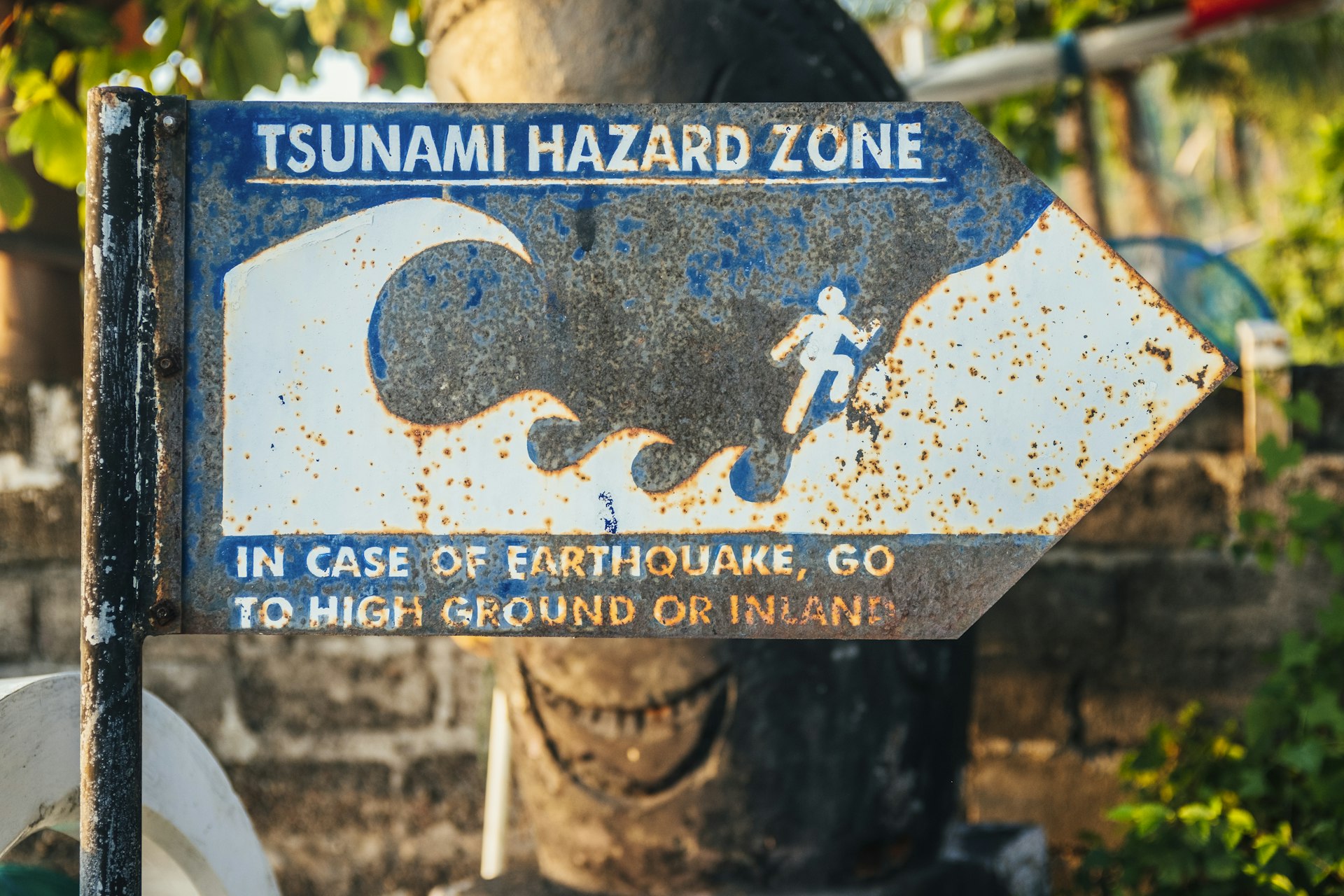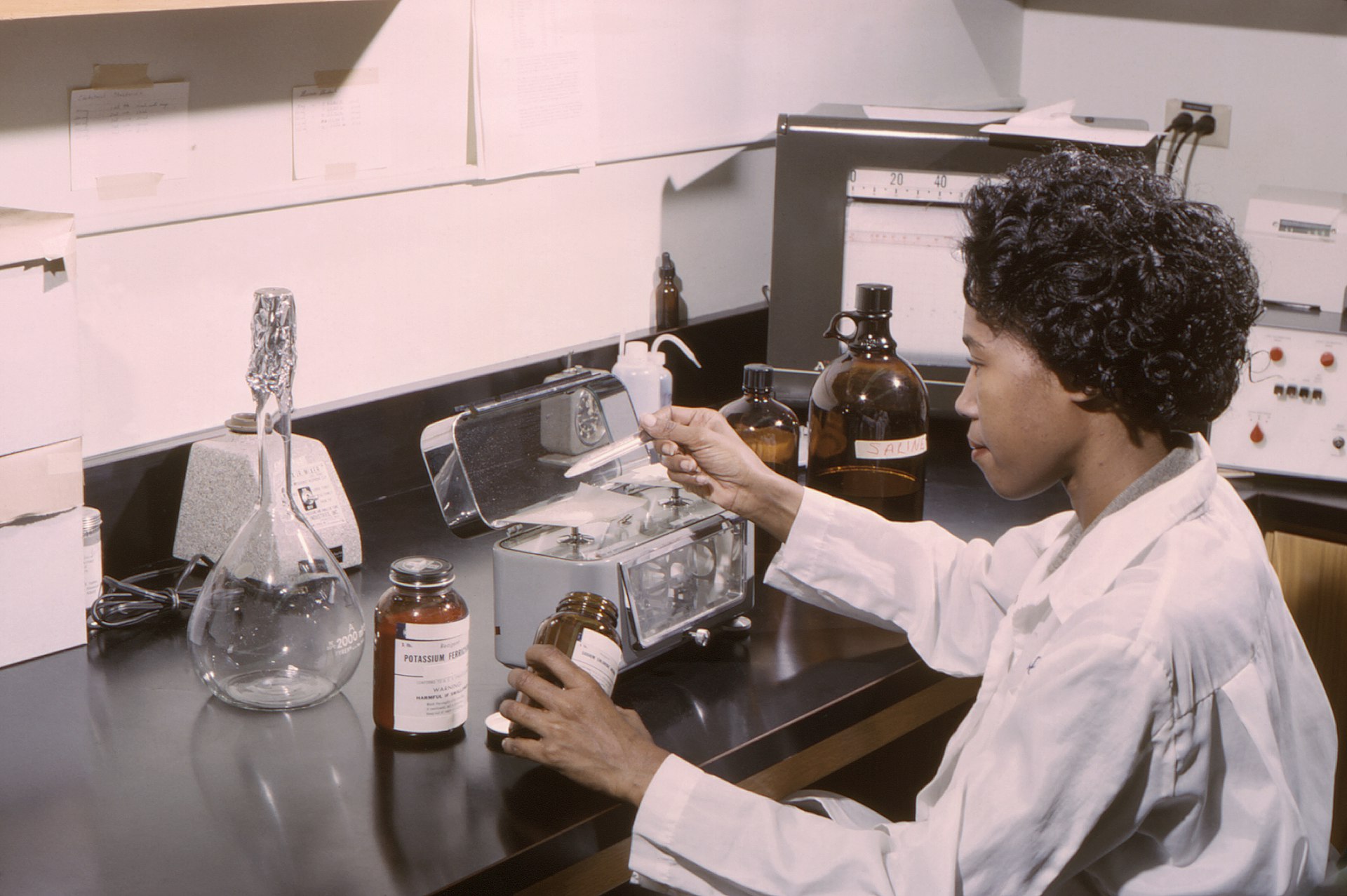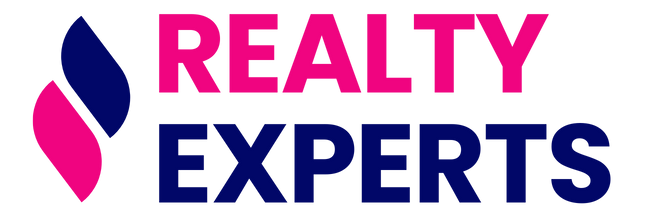Nursing Careers: Pathways in the Health Science Career Cluster

Photo by Etactics Inc on Unsplash
Introduction to Career Clusters and Nursing
Career clusters are frameworks designed to help students and job seekers understand the variety of professional options available, grouping related occupations based on common skills and knowledge. Nursing is a critical profession that sits within the Health Science career cluster, which comprises roles focused on promoting health, diagnosing and treating illness, and supporting wellness across communities. [3]
Understanding the Health Science Career Cluster
The Health Science career cluster encompasses a broad array of professions that advance health, wellness, diagnostics, and therapeutic services. It is the largest and fastest-growing industry in the U.S., offering opportunities in hospitals, clinics, research labs, community health organizations, and more. [2] Within this cluster, nursing is a prominent pathway, reflecting both high demand and a wide variety of specialties.
Key Pathways Within Health Science
There are five main pathways within the Health Science cluster:
- Biotechnology Research & Development
- Diagnostic Services
- Health Informatics
- Support Services
- Therapeutic Services (includes Nursing)
Most nursing roles belong to the Therapeutic Services pathway, focusing on direct patient care, treatment, and recovery. [3]
Nursing Careers: Pathways and Specializations
Nursing encompasses a range of careers from entry-level aides to advanced practice roles. Examples include:
- Certified Nursing Assistant (CNA)
- Licensed Practical Nurse (LPN)
- Registered Nurse (RN)
- Nurse Practitioner (NP)
- Clinical Nurse Specialist
Each role requires different levels of education and training, from certificate programs to graduate degrees. Registered Nurses, for example, typically need a Bachelor of Science in Nursing (BSN) or an Associate Degree in Nursing (ADN), followed by licensing exams. [3]
Educational Pathways and Training
To start a career in nursing, you can follow these steps:
- Complete high school or obtain a GED.
- Enroll in an accredited nursing program (CNA, LPN, RN, etc.).
- Fulfill clinical practice requirements as part of your coursework.
- Pass the relevant licensing exams (NCLEX-PN for LPNs, NCLEX-RN for RNs).
- Pursue specialization or advanced degrees for higher roles (e.g., NP, CNS).
Many high schools and community colleges offer Health Science cluster programs, which introduce students to healthcare skills and help prepare them for postsecondary education. [2]
Accessing Nursing Education and Certification
To access nursing education and certification:
- Research accredited programs through state boards of nursing and local colleges.
- Contact community colleges, technical schools, and universities for program details.
- Seek financial aid or scholarships-many states and hospitals offer tuition assistance for nursing students.
- After graduation, apply for state licensure and take required exams.
For specific program information, visit your state’s nursing board website or search for ‘accredited nursing programs’ through official education channels. If you need information on licensure, consult the National Council of State Boards of Nursing and your state’s official health department.
Benefits of a Nursing Career
Nursing offers numerous benefits:
- High demand and job stability: The U.S. Bureau of Labor Statistics projects strong job growth for nurses, especially RNs and NPs. [3]
- Competitive salaries: Median annual wages for Registered Nurses are about $77,400, with Nurse Practitioners earning over $108,900. [4]
- Opportunities for advancement: Nurses can specialize in areas such as pediatrics, oncology, emergency care, and more.
- Personal fulfillment: Nurses make a direct impact on patient lives and community health.
Beyond income and stability, nursing professionals often report high levels of job satisfaction due to their meaningful roles in patient care.
Challenges and Solutions in Nursing Pathways
While pursuing a nursing career is rewarding, there are challenges to consider:
- Education Costs: Nursing programs can be expensive. Solution: Seek scholarships, employer sponsorships, or federal financial aid (search for ‘FAFSA’ on the official Federal Student Aid website).
- Licensing Requirements: Each state has unique licensing rules. Solution: Review your state’s board of nursing guidelines and prepare for required exams.
- Workload and Stress: Nurses often work long shifts and face emotional challenges. Solution: Cultivate resilience through self-care, mentorship, and continuing education in stress management.
Alternative pathways into nursing include bridge programs for existing healthcare workers and accelerated tracks for those with non-nursing degrees.
How to Explore and Apply for Nursing Roles
To begin a nursing career within the Health Science cluster:
- Identify your target nursing role (CNA, LPN, RN, etc.).
- Search for accredited education programs using terms like ‘nursing program’ and your location.
- Contact the admissions office for application requirements and deadlines.
- Apply for financial aid through official channels or local healthcare organizations.
- Complete required coursework and clinical hours.
- Prepare for and take required licensing exams.
- Explore job openings on reputable hospital, clinic, and healthcare organization websites.
If you are unsure where to start, consider reaching out to your local community college, workforce development board, or state nursing association for guidance. Many states maintain official websites listing accredited programs and licensure details.
Alternative Career Options in Health Science
If nursing is not the right fit, the Health Science cluster offers many other career opportunities, including:
- Medical Assisting
- Pharmacy Technology
- Physical Therapy
- Radiology
- Dental Assisting
These roles may require different training and certification but still fall within the scope of Health Science. [1]
Key Takeaways
Nursing is firmly part of the Health Science career cluster, specifically the Therapeutic Services pathway. The profession offers strong growth, stability, and personal fulfillment. To access nursing career opportunities, research accredited education programs, seek financial aid, and follow state licensure requirements. Alternative health science careers can also provide rewarding professional paths.

Photo by Walls.io on Unsplash
References
- [1] Advance CTE (2024). Healthcare & Human Services Career Cluster Overview.
- [2] Office of Superintendent of Public Instruction (2023). Health Science Career Cluster and Pathways.
- [3] U.S. Bureau of Labor Statistics (2015). Career Clusters, Pathways, and BLS Information.
- [4] South Carolina HOSA (2023). Career Cluster Program Pathway Map Example.
MORE FROM realtyexperts.ai













